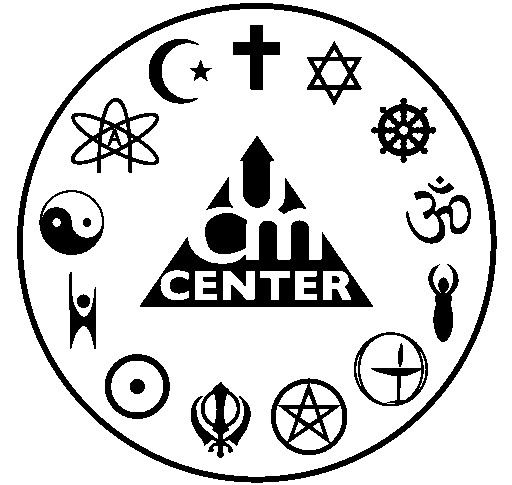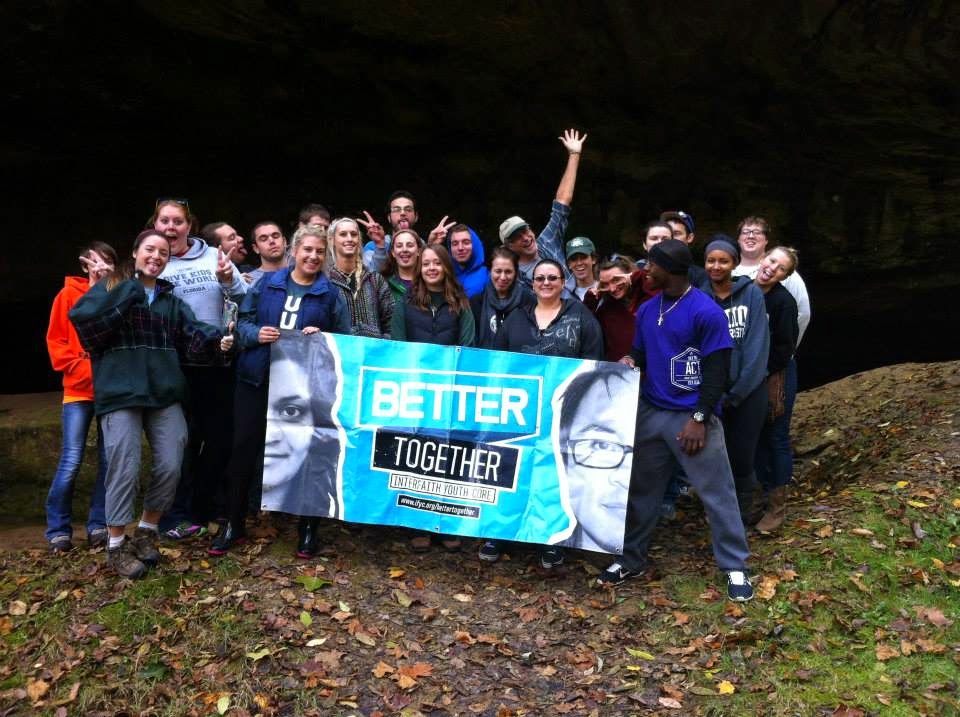We are excited to be sending two more Bobcats to Interfaith Youth Core’s Leadership Institute in Chicago next month! We look for these students to come back inspired and equipped… Continue reading OU Students are Interfaith Leaders!
Author: ucmadmin
2015 Annual Meeting
You are invited…. United Campus Ministry’s Annual Meeting 2015 Wednesday, April 15 5:00pm – 7:00pm ArtsWest 132 W. State Street Meet the current Board of Directors including the newly elected… Continue reading 2015 Annual Meeting
BT Watershed Project crew!
Better Together at OU took 20+ students out with Monday Creek Watershed Restoration Project to clear access to a doser facility treating acid mine drainage.
Untitled
Campus Minister Evan Young facilitating interfaith reflection and dialogue with students after service project with Monday Creek Restoration Project in New Straitsville. Dear Friends of UCM, For as long as… Continue reading Untitled
CULTIVATE PEACE – by Rev. Evan Young
Published by Interfaith Youth Core on Oct. 16, 2014 Just as the Better Together team at Ohio University was getting back to campus and getting their feet under them for… Continue reading CULTIVATE PEACE – by Rev. Evan Young

